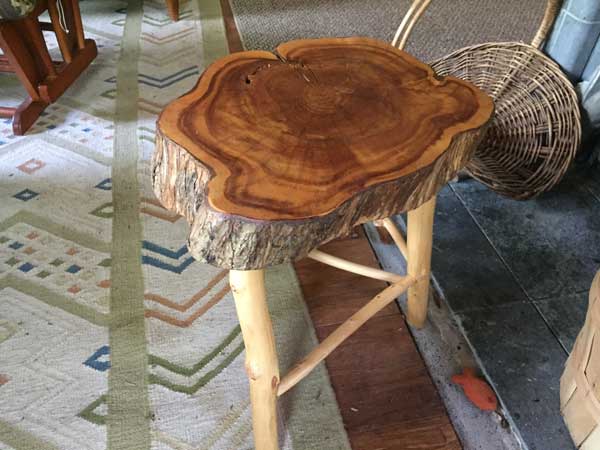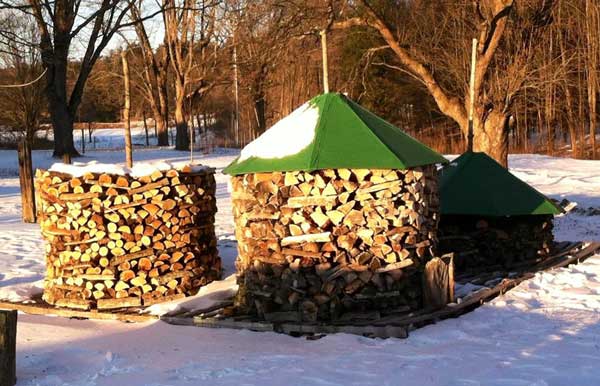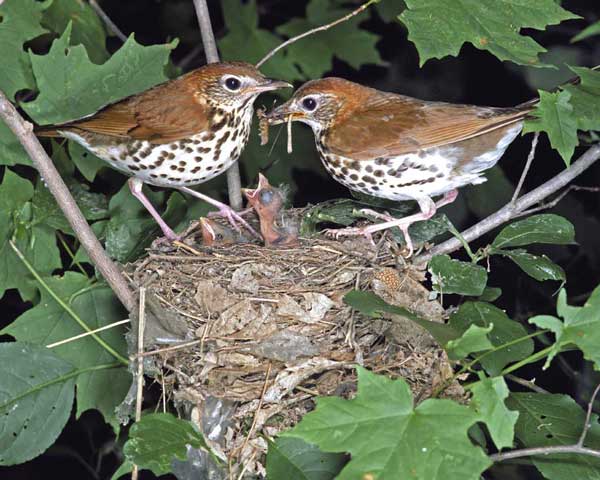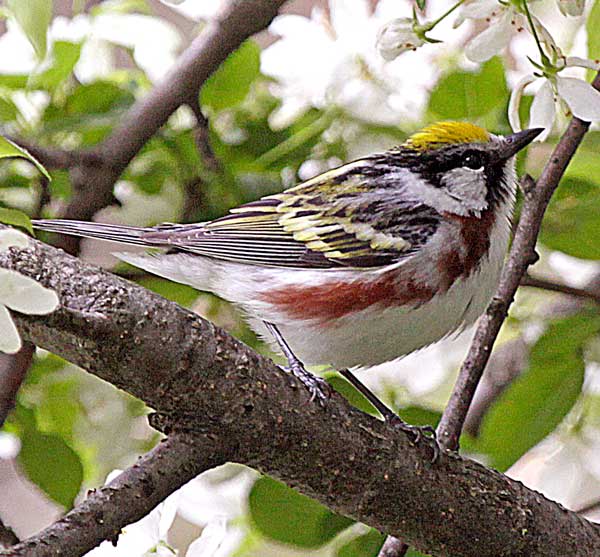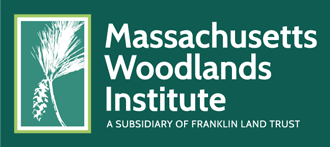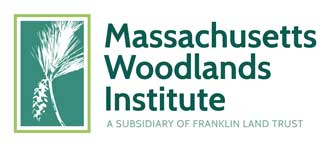Why Use Local Wood
Using wood means that trees are cut somewhere. We all use wood every day, from paper to pencils, to table, chairs, and even the homes we live in. Every year, each person in Massachusetts uses the equivalent amount of wood found in one 18 inch tree that is 100 feet high.
Wood is an abundant renewable resource in our region, but here in Massachusetts we import 98% of the wood we use. This requires higher transportation energy costs and emissions.
Massachusetts is over 60% forested, and western Massachusetts is closer to 85% forested. We have the potential to produce more wood products locally, creating jobs, income for our neighbors, not to mention healthier, more resilient forests.
Timber harvests in Massachusetts are well-regulated and overseen by the MA Dept. of Conservation and Recreation.
Careful, sustainable harvests of trees create resilient, multi-aged forests that can support a wide range of species, from migratory birds to moose and bears. Well-planned logging also helps trees grow faster, and helps them withstand disturbances like ice storms or invasive pests.
Trees pull carbon dioxide, a leading cause of climate change, from the atmosphere, and then continue to store it for the lifetime of the wood product.
For more information, visit http://masswoods.org/massachusetts-forests
What is Bird-Friendly Wood?
More than 100 species of birds breed in the forests of Massachusetts every year. Mass Audubon’s State of the Birds 2017 Report revealed startling data about the vulnerability of forest birds in Massachusetts. Birds are not finding good breeding conditions in our woods, and this may be worsened by climate change. Birds are an indicator species, which means that if birds don’t have healthy habitat, other wildlife doesn’t either.
The Massachusetts Foresters for the Birds Program works to build better habitat for birds and other wildlife by training foresters to assess the existing bird habitat in a forest and make recommendations to improve it. Better habitat can reverse declines and help to keep our common birds common.
Many landowners across the state are now managing their woodlands under a Forest Stewardship Plan in conjunction with a Bird Habitat Assessment. These plans describe the birds living in the woods and recommend forestry practices that can enhance bird habitat. As a result, timber harvests under these plans can help enhance bird habitat, creating Bird-Friendly Wood. Ask a logger or forester if the wood you’re purchasing was harvested through Foresters for the Birds!
For more information: http://www.masswoodlands.org/programs/foresters-for-the-birds
